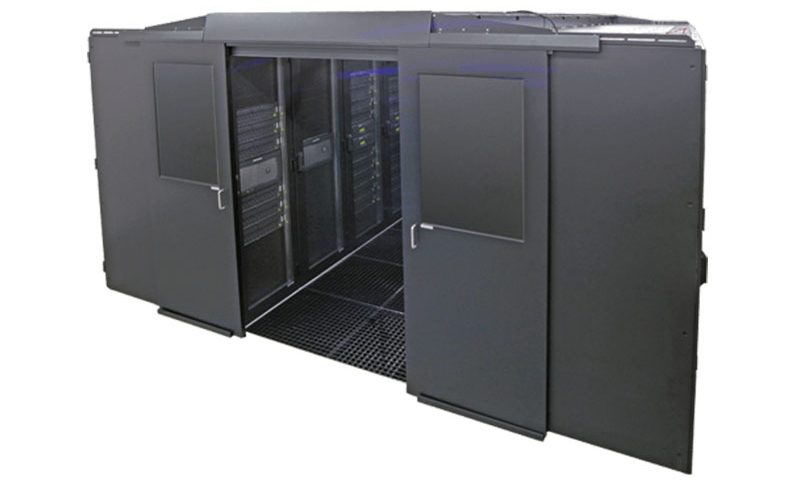The Significance of Data Center Infrastructure for Business Success in Muscat, Oman
In today's rapidly evolving digital landscape, businesses in Oman, particularly in Muscat, are increasingly relying on advanced technology to drive their success. A vital element that underpins their achievements is a robust data center infrastructure. Data centers serve as the backbone of modern enterprises, supporting critical applications, storing and processing vast amounts of data, and ensuring seamless connectivity. In this blog post, we will explore the significance of data center infrastructure for business success in Oman and Muscat, emphasizing why organizations in the region should prioritize its optimization.
Reliable and Uninterrupted Operations:
For businesses in Oman and Muscat, uninterrupted operations are crucial for maintaining customer satisfaction and a competitive edge. A well-designed data center infrastructure offers high reliability and ensures minimal downtime. This reliability allows organizations to consistently deliver services, even during unforeseen circumstances, enabling them to meet customer expectations and strengthen their market position.Scalability to Accommodate Growth:
As businesses in Oman and Muscat expand, their data storage and processing requirements increase. A robust data center infrastructure offers the scalability needed to accommodate these growing workloads. It allows organizations to easily scale up their storage capacity, computing power, and network capabilities, ensuring they can meet the demands of a rapidly evolving marketplace.Data Security and Compliance:
Data security is a top priority for businesses in Oman and Muscat, considering the sensitivity of the information they handle. A well-structured data center infrastructure provides robust security measures, including physical security controls, advanced monitoring systems, and strict access controls. By leveraging secure data centers, organizations can protect sensitive data, adhere to regulatory requirements, and build trust among their customers.Enhanced Performance and Efficiency:
Optimizing data center infrastructure leads to improved performance and operational efficiency, critical factors for businesses in Oman and Muscat seeking a competitive advantage. Advanced technologies such as virtualization, cloud computing, and efficient cooling systems optimize resource utilization, reduce energy consumption, and enhance overall performance. These efficiency gains result in cost savings and enable businesses to allocate resources more strategically.Disaster Recovery and Business Continuity:
In Oman and Muscat, businesses must be prepared to face unexpected disruptions, whether natural disasters or cyberattacks. A well-designed data center infrastructure incorporates robust disaster recovery mechanisms, including redundant systems, backup power supplies, and data replication. By having these measures in place, organizations can swiftly recover from disruptions, minimize downtime, and safeguard their long-term viability.Collaboration and Remote Accessibility:
The business landscape in Oman and Muscat is increasingly embracing remote work and collaboration. Data centers play a pivotal role in facilitating seamless collaboration and remote accessibility. Centralized data storage and cloud-based solutions enable employees to access critical data and applications from anywhere, fostering collaboration and productivity. Data center infrastructure also supports secure file sharing, remote backups, and data synchronization, empowering teams to work efficiently regardless of location.For businesses in Oman, particularly in Muscat, a reliable and optimized data center infrastructure is fundamental to drive their success in the digital era. It provides the foundation for uninterrupted operations, scalability, data security, performance, and disaster recovery. By prioritizing the development and maintenance of a resilient data center infrastructure, organizations in Oman and Muscat can ensure business continuity, enhance productivity, and gain a significant competitive advantage in the dynamic marketplace of the region.



